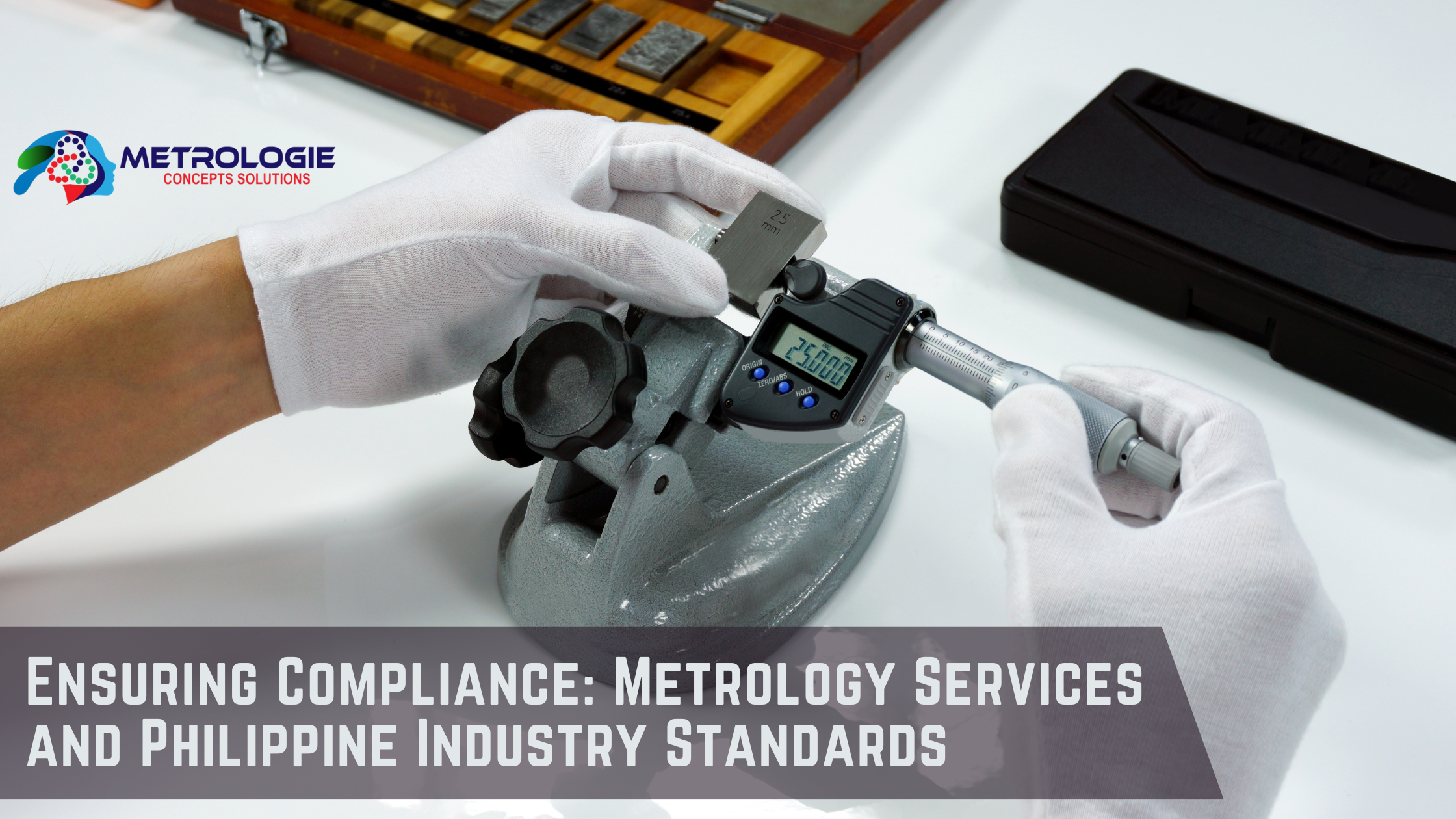Introduction
In the dynamic landscape of industries, compliance with standards and regulations is a cornerstone for success. This article delves into the crucial role of metrology services in ensuring compliance with Philippine Industry Standards, shedding light on the significance and benefits for businesses.
Importance of Metrology Services
Definition and Role
Metrology, the science of measurement, plays a pivotal role in various industries. Its primary objective is to ensure accuracy, precision, and reliability in measurements, directly impacting quality control and regulatory compliance. In an era where precision matters, metrology services act as a guiding force for businesses.
Philippine Industry Standards
Overview of Standards
Philippine Industry Standards (PIS) serve as a framework for businesses to adhere to specific guidelines, ensuring the safety and quality of products and services. These standards are not only essential for meeting regulatory requirements but also contribute to building consumer trust and confidence.
Challenges in Compliance
Common Hurdles
Businesses often face challenges in navigating the complex landscape of compliance. These hurdles include understanding and interpreting industry standards, maintaining updated processes, and integrating new technologies. Metrology services provide a roadmap to overcome these challenges efficiently.
Role of Technology in Metrology
Advancements and Real-world Examples
Advancements in technology have revolutionized metrology services. Cutting-edge tools and equipment enhance measurement accuracy and efficiency. Real-world examples showcase how technology, such as 3D scanning and digital calibration, has transformed the landscape of metrology.
Benefits of Compliance
Positive Impacts
Ensuring compliance through metrology services has numerous benefits. It positively impacts a business’s reputation, instills confidence in consumers, and opens doors to regulatory advantages. Beyond meeting legal requirements, compliance becomes a strategic asset for sustainable growth.
Case Studies
Real-life Examples
Illustrative case studies demonstrate the tangible benefits of implementing metrology services. Industries ranging from manufacturing to healthcare showcase how compliance not only meets standards but also improves overall operational efficiency and customer satisfaction.
Metrology Services Providers in the Philippines
Overview and Selection Criteria
Choosing the right metrology services provider is crucial for businesses. This section provides an overview of key service providers in the Philippines and outlines factors businesses should consider when making this critical decision.
Implementing Metrology in Businesses
Step-by-step Guide
This practical guide assists businesses in implementing metrology services effectively. It includes a step-by-step process, emphasizing the cost-benefit analysis to demonstrate the value proposition for investing in compliance.
Future Trends in Metrology
Emerging Technologies and Changes in Standards
The article concludes by exploring future trends in metrology. Emerging technologies like artificial intelligence and blockchain are expected to redefine measurement accuracy and industry standards. Businesses need to stay abreast of these changes for sustained success.
Conclusion
In conclusion, ensuring compliance through metrology services is not just a regulatory requirement but a strategic move for businesses in the Philippines. The dynamic interplay of technology, industry standards, and metrology services offers a roadmap for success and growth.
FAQs
- Why is compliance with industry standards essential for businesses in the Philippines?
- Compliance ensures the quality and safety of products and services, building consumer trust and meeting regulatory requirements.
- How do metrology services address common challenges faced by businesses?
- Metrology services provide a systematic approach to understanding, interpreting, and implementing industry standards, overcoming hurdles efficiently.
- What role does technology play in enhancing metrology services?
- Technology, such as 3D scanning and digital calibration, improves measurement accuracy and efficiency, revolutionizing the landscape of metrology.
- How can businesses benefit from compliance beyond meeting regulatory requirements?
- Compliance positively impacts a business’s reputation, instills confidence in consumers, and opens doors to regulatory advantages, becoming a strategic asset for growth.
- What are the key factors to consider when choosing a metrology services provider in the Philippines?
- Factors include the provider’s reputation, expertise, technology infrastructure, and cost-effectiveness.




